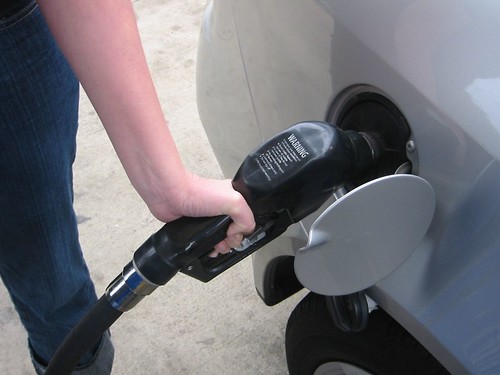So we plan and do family budget that covers all including food, phone, electricity, water, entertainment, gifts to name a few. We made a decision to spend only based on budget. Of course there are cases where the item we need to buy was not included in the budget. For such a case, we review our financial resources and align our budget.
But the reason why I am writing this article is to talk to you about one budget buster that I experienced- none other than unplanned activities. If gone unchecked, it becomes a financially disastrous habit.
The other day, my wife and I decided to go to market. Because we use cash, I normally withdraw money in advance for this purpose. That day, I didn't do that, but I knew I can withdraw from an ATM of a bank near the market. When we arrived at the bank, the line of people intending to withdraw money was too long. We decided to do it in another bank, also near the market. When we arrived there, the line was longer! Oh boy. We made our way out of the market and went to a bank about 3 kms away from the market. By this time, my mind already calculated the amount of gas I could have SAVED if only I had prepared the money in advance.
That same day, we decided to visit the cemetery to visit our parent's tomb. We were trying to beat the traffic that is expected during the All Saints Day. So off we went. This trip wasn't really planned. The route I choose was heavy with traffic. We had to get out of that and take a longer route. Once again my mind started to compute the amount of gas I could have SAVED if only I planned in advance. That's wasn't the end, when were approaching our destination, to our surprise, the road was clogged with all kinds of vehicles. We had to abandon our plan and have to take a longer route to do that.
That day, I spent a lot of money on gasoline because we didn't plan ahead. Unplanned activities are costly and can be a financially disastrous habit if it remained unchecked.
The lesson: In everything you do, it is best to sit down and plan ahead. It will save you a lot of MONEY. Plan ahead when you travel and when going to merket or supermarket.
To our debt-free life,
Jimmy
P.S. There are other habits that can be financially disastrous if unchecked. Can you name some for us? I would appreciate if you can comment.
Photo credits:
http://farm1.static.flickr.com/219/460375914_110a64953a.jpg
http://www.paraisophilippines.com/img/market.jpg









